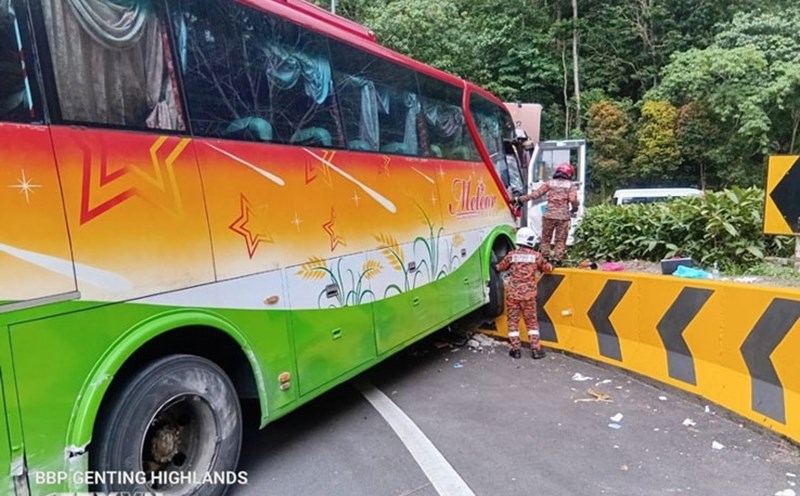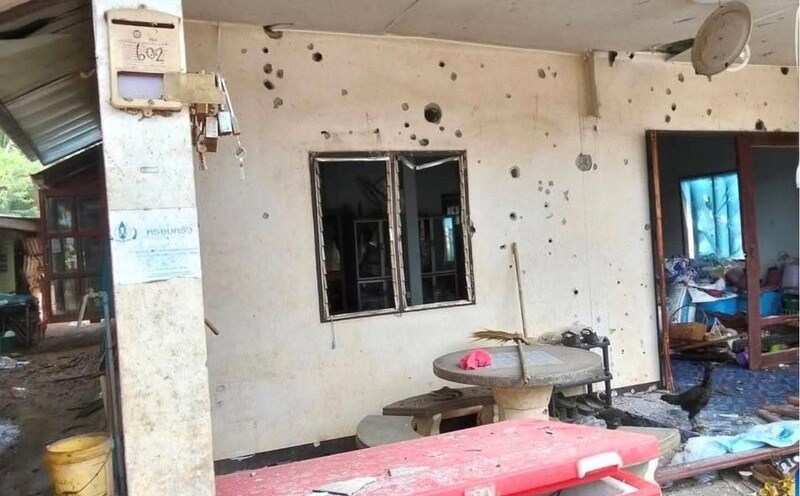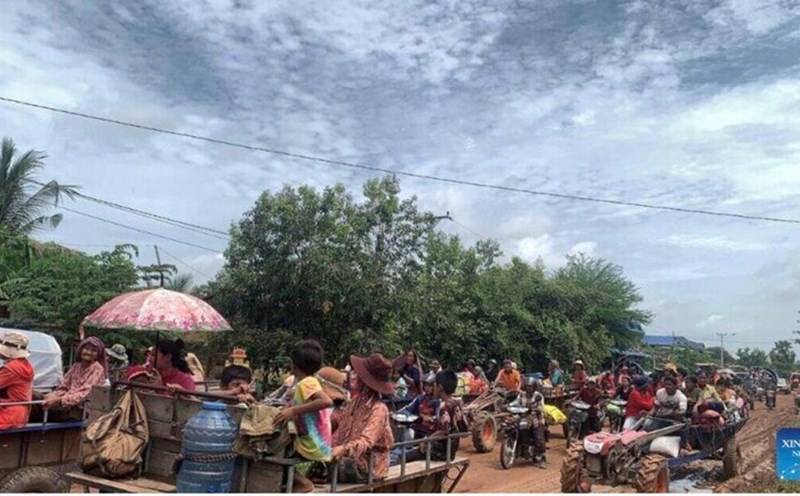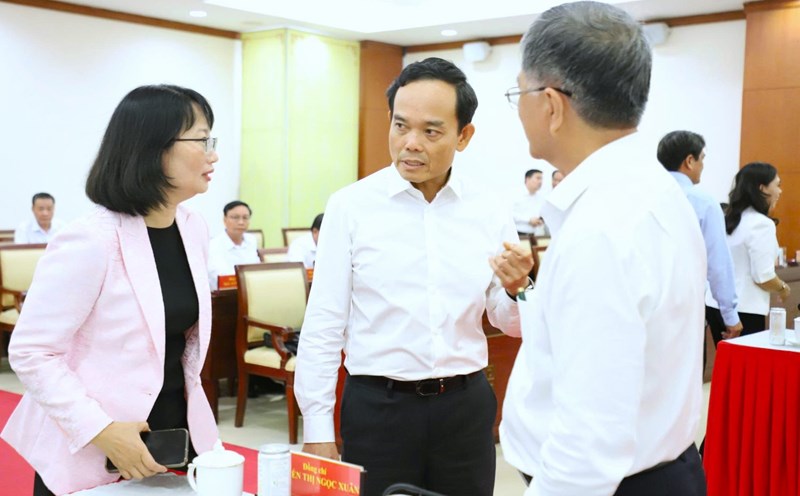At least 10 Malaysian lawmakers, mostly from Prime Minister Anwar Ibrahim's People's Justice Party (PKR), have just become victims of an unprecedented blackmail campaign, threatened with spreading deepfake hot clips if they do not pay a ransom of $100,000.
According to Minister of Communications Fahmi Fadzil, last weekend, many lawmakers received emails with almost identical content, along with screenshots from videos staged with artificial intelligence. The sender threatened to publicize the clip if he did not receive money via the QR code.
" Checking shows that the emails have the same spelling style and come from a common address. This is clearly a deliberate coordination action, Mr. Fahmi said in a statement on September 14.
He also revealed that he was among the targets, alongside former Finance Minister Rafizi Ramli, Deputy Minister of Youth and Sports Adam Adli, and veteran lawmaker Wong Chen - all of whom are part of the PKR. Wong Chia Zhen, a Kedah official for the Gerakan opposition, also received a threatening email.
The incident took place in the context of Mr. Rafizi Ramli's recent continuous criticism of corruption and abuse of power. Previously, in August, his 12-year-old son was attacked by two people wearing helmets and injected with foreign substances right at the parking lot of a shopping mall.
Rafizi resigned as economic minister in May after failing in the race for the PKR vice chair, but has remained one of the strong voices against negativity in the political establishment.
Many people think that politics is easy. But if you dare to expose corruption or challenge inherent interests, your daily life can be destroyed in these ways, he shared.
Using hot clips to defame opponents is not new in Malaysia. In 2019, former Prime Minister Anwar's Assistant was arrested for his involvement in a video circulating online, which was said to contain a picture of former Economic Minister Azmin Ali. Previously, Mr. Anwar himself was also defamed for a fake sex clip in 2011.
However, this is the first time a large group of lawmakers have been targeted at the same time. Observers say that the appearance of deepfake technology makes the real-fake boundary increasingly blurred, while turning defamation campaigns into more dangerous tools than ever.
The Malaysian media confirmed that it is coordinating with cybersecurity agencies and police to track down the culprit. We consider this a serious threat to politics and society, Mr. Fahmi emphasized.
Meanwhile, lawmakers and public opinion call for a tighter legal framework to prevent AI abuse in creating harmful content.










